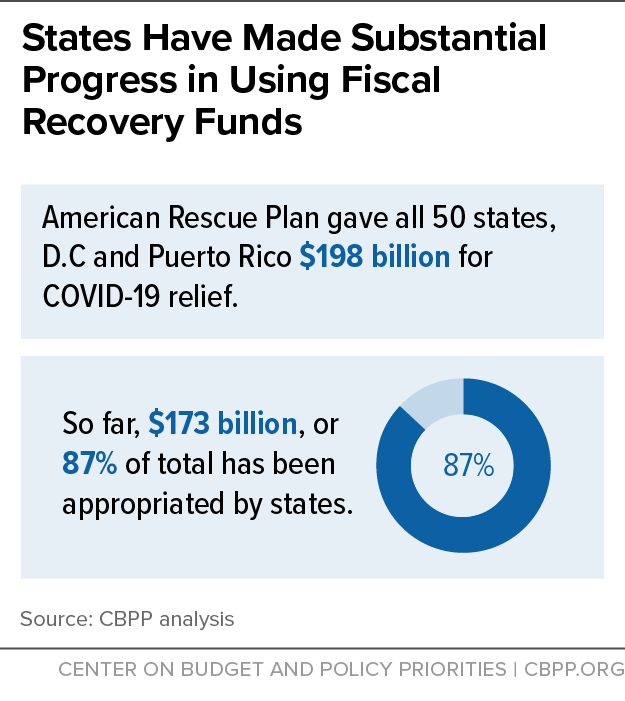Disability Service Providers Impacted by Funding Crisis
The demand for disability advocacy services in Australia is increasing, particularly due to the upcoming changes expected from the recent National Disability Insurance Scheme (NDIS) review and royal commission. The more than 4.4 million Australians living with a disability often rely on these services during times of crisis. Frontline groups providing these services are calling for emergency funding due to rising costs and the potential spike in demand. Now, every second person with a disability is being turned away due to lack of resources.
Denise Boyd, Executive Officer of Star Victoria, a disability advocacy organisation, highlights their role in helping parents with intellectual disabilities navigate through challenging situations. The group assists from connecting them with a specific service to significant court matters spanning years. The cost of living crisis is also affecting groups like Star Victoria, as their funding is not managing financial pressures adequately.
Denise highlights the urgent need for mitigation measures, expressing concern that some organizations might have to reduce their services or completely shut down due to the funding issues. These groups have written to the Victorian Disability Minister, Lizzie Blandthorne, requesting emergency funding. The potential changes recommended by the Disability Royal Commission and National Disability Insurance Scheme Review suggest establishing foundational supports- state-run services and territories outside the NDIS. Boyd believes this funding could ensure the continuance of essential work.
The peak body Disability Advocacy Network Australia’s Geoff Smith states it is a national concern. Meanwhile, a Victorian government spokesperson claims that they have increased funding for disability support advocacy groups by 50 per cent over the past five years. Likewise, the Federal Social Services Minister, Amanda Rishworth, says the federal government recognizes the significance of supporting people with disability, adding that the Commonwealth has doubled systemic disability advocacy funding.
For those who wish to learn more about how to navigate these services or seek assistance directly, resources are available online. One such resource is eddcaller.com, which provides a guide on how to talk to someone at edd disability. It is imperative to remember, everyone deserves a voice, and communicating with right advocates is the starting point to this. Accessibility to these services lets individuals exercise their rights to quality care, support, and assistance.
